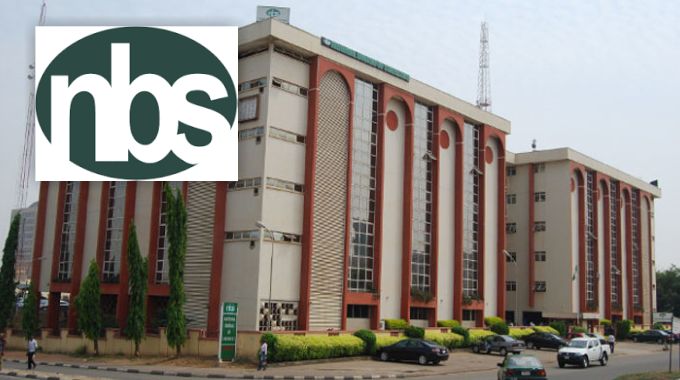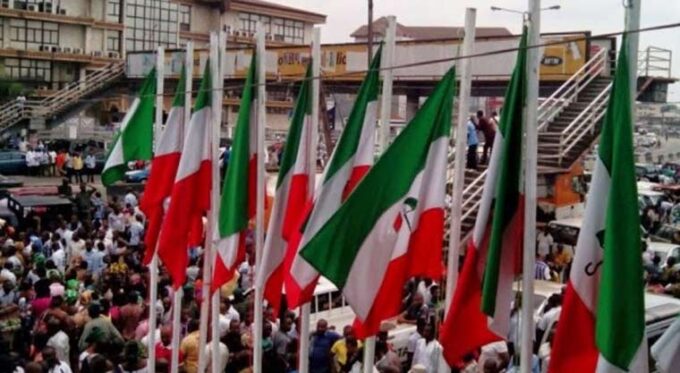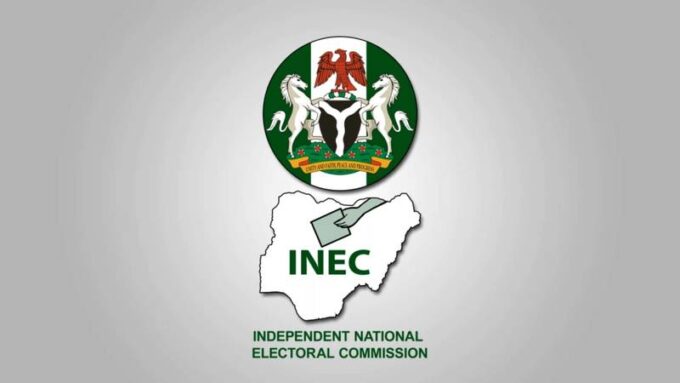Nigeria’s stubborn inflation is finally losing steam. For the second month running, the National Bureau of Statistics (NBS) reports a cooling trend — headline inflation slowed to 22.97% in May 2025, down from 23.71% in April.
Food inflation also saw a notable drop, standing at 21.14% year-on-year in May — a sharp decline from the staggering 40.66% recorded in May 2024.
While some states — including Borno (38.9%), Niger (35%), and Plateau (32.3%) — still grapple with soaring inflation, the latest NBS data reveals a growing list of states where the cost of living is becoming more manageable. Among the 10 most affordable are Lagos, Rivers, Gombe, Ekiti, and the nation’s leader, Katsina.
Here’s a breakdown of Nigeria’s most affordable states in May 2025:
Lagos (20.2%)
Nigeria’s bustling commercial capital saw inflation ease to 20.2% in May, from 22.7% in April. Food inflation dipped to 15.1%, down from 20% the previous month.
Recent measures by the Lagos State Government — including a 25% reduction in public transport fares (BRT, trains, ferries) and the introduction of Sunday Markets to provide discounted food staples — have helped moderate living costs.
“These initiatives aim to serve over 500,000 Lagosians with affordable food,” said Governor Babajide Sanwo-Olu.
Ekiti (19.6%)
Ekiti posted a 19.6% headline inflation rate, a dramatic improvement from April’s 34%.
Food inflation also dropped to 23.8% from 34%. The state’s affordability is buoyed by strong agricultural performance and a modest population.
NAERLS recently credited Ekiti’s sustained investments in agriculture for improving food security across the state.
Rivers (19.6%)
Rivers maintained a relatively low inflation rate of 19.6% in May (19.2% in April), with food inflation dropping sharply to 9.2% from 18%.
Despite recent political instability, NBS data ranks Rivers among the South-South’s most affordable states.
Gombe (19.1%)
Headline inflation in Gombe fell to 19.1%, from 31% in April. Food inflation also declined to 18%.
Governor Inuwa Yahaya’s N50 billion canalisation project aims to boost livestock production and food security:
“The project will directly benefit over one million pastoralists and five million people indirectly,” he said.
Akwa Ibom (19.0%)
Akwa Ibom recorded 19% inflation in May (up from 17.4% in April), with food inflation at 20.8%.
Governor Umo Eno’s new Agriculture and Food Security Committee is tasked with “driving a food revolution in the state,” working alongside smallholder farmers to stabilise prices.
Ondo (18.9%)
Ondo’s headline inflation stood at 18.9%, with food inflation easing to 14.5%.
Governor Lucky Aiyedatiwa has backed large-scale farming ventures such as SAO Agro Farms and JB Farms:
“We are committed to supporting mechanised farming to improve food supply,” he affirmed.
Yobe (18.6%)
Yobe’s inflation came in at 18.6%, though food inflation remains high at 22.9%.
Governor Mai Mala Buni is urging youth involvement in agriculture and hosted a North-East governors’ security summit in Damaturu to address regional challenges.
Sokoto (18.5%)
Sokoto ranked as one of the most affordable northern states, with 18.5% inflation.
Governor Ahmed Aliyu, while distributing fertilisers to farmers, highlighted key irrigation projects:
“Kware Irrigation Scheme is completed, while works on Wurno and Lugu Dam are underway,” he said.
Adamawa (18.2%)
Adamawa followed closely at 18.2%. Food inflation rose to 13% but non-food prices fell, contributing to affordability.
Governor Ahmadu Fintiri launched a $525,000 World Bank-backed project:
“This intervention will enhance food security and climate resilience,” he noted.
Katsina (16.2%)
Topping the list is Katsina, with a remarkable 16.2% inflation rate and the lowest food inflation nationally at just 6.9%.
Governor Dikko Umar Radda recently launched 20,000 metric tons of subsidised fertiliser for the wet season:
“Farmers will access high-quality fertiliser at just N20,000 per bag,” he said.
Katsina’s agricultural reforms and federal backing — including a N25 billion mechanised farming fund — have cemented its place as Nigeria’s most affordable state in May 2025.


















Leave a comment